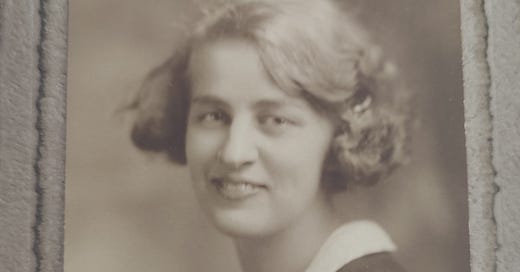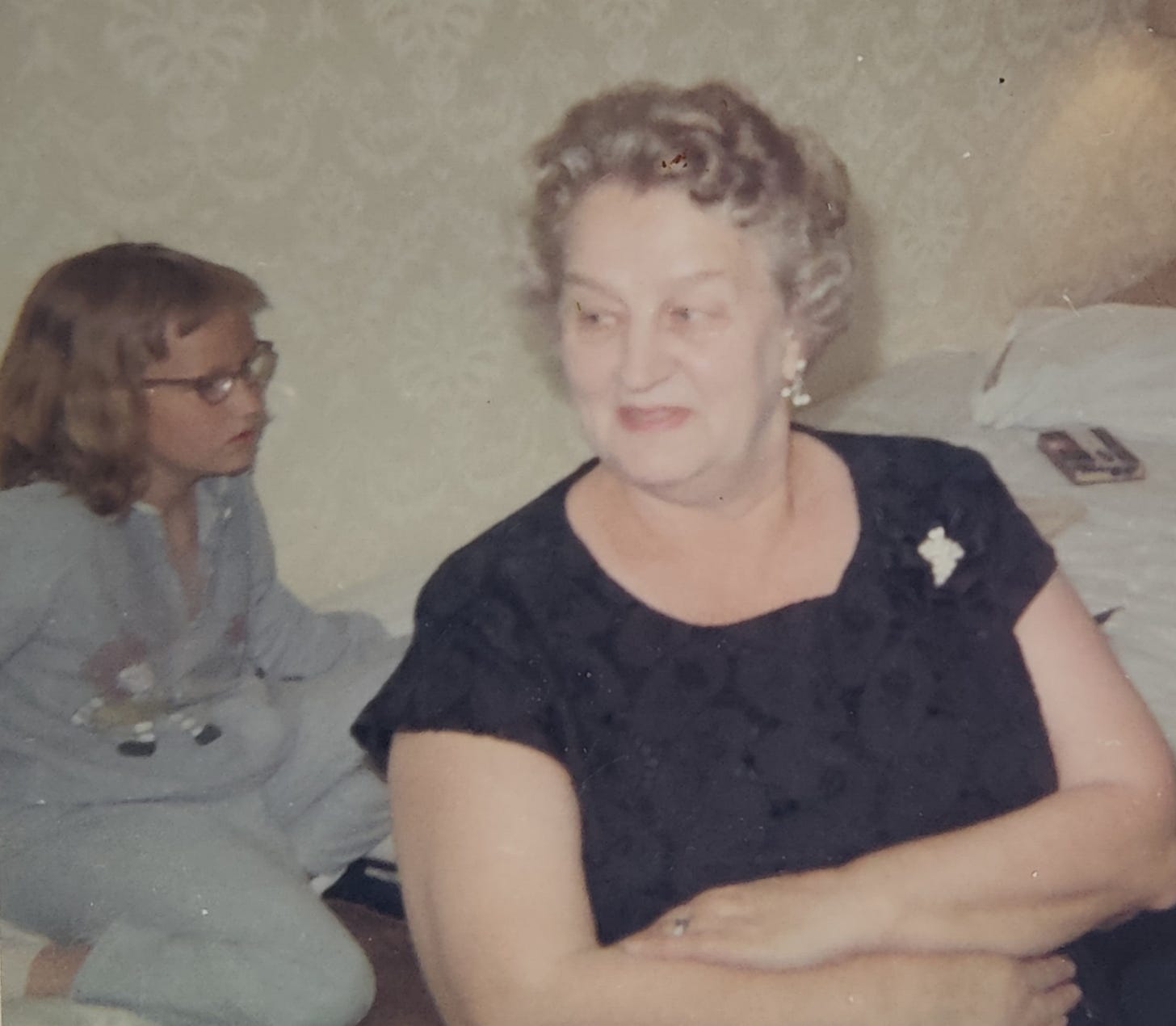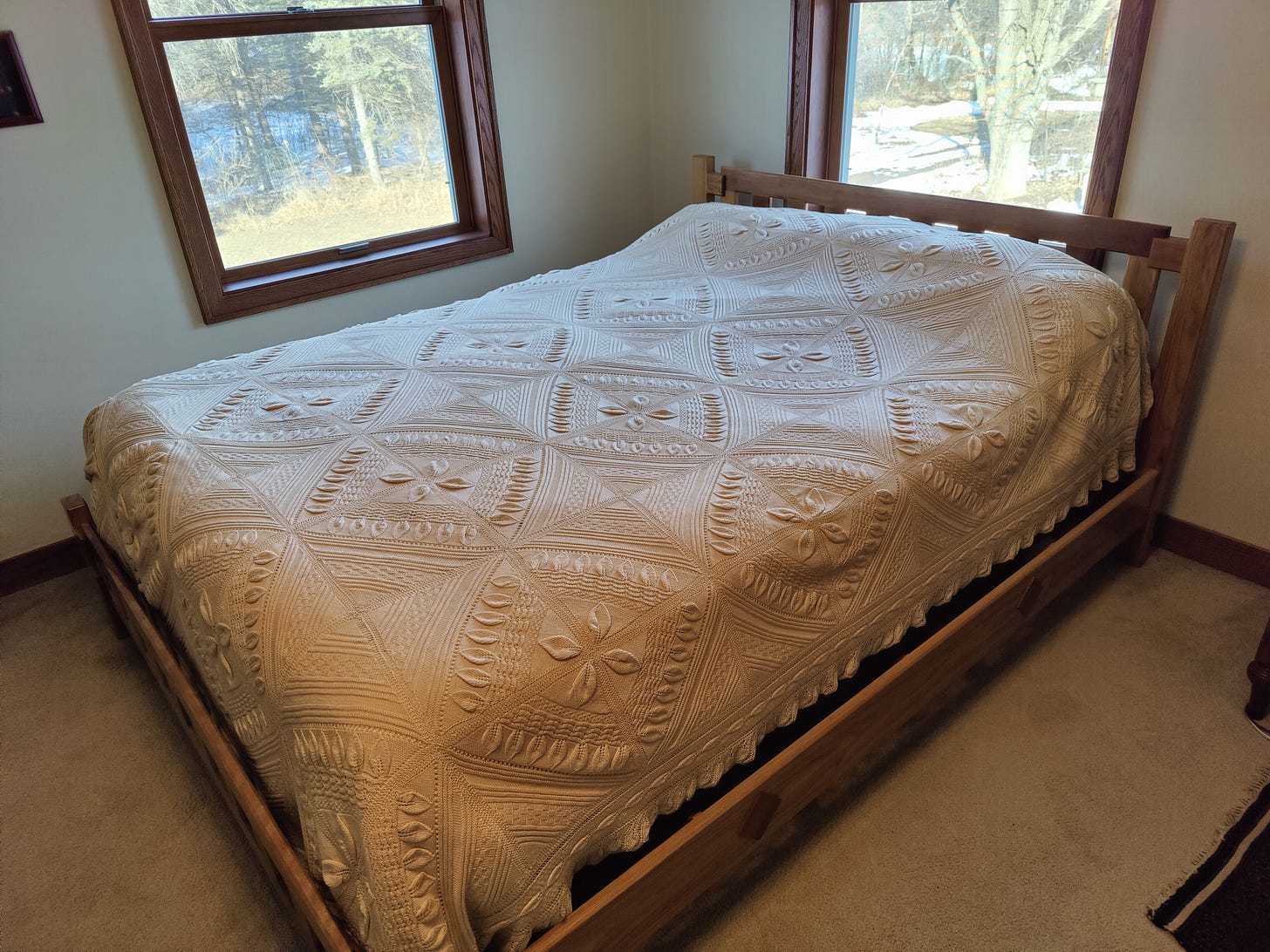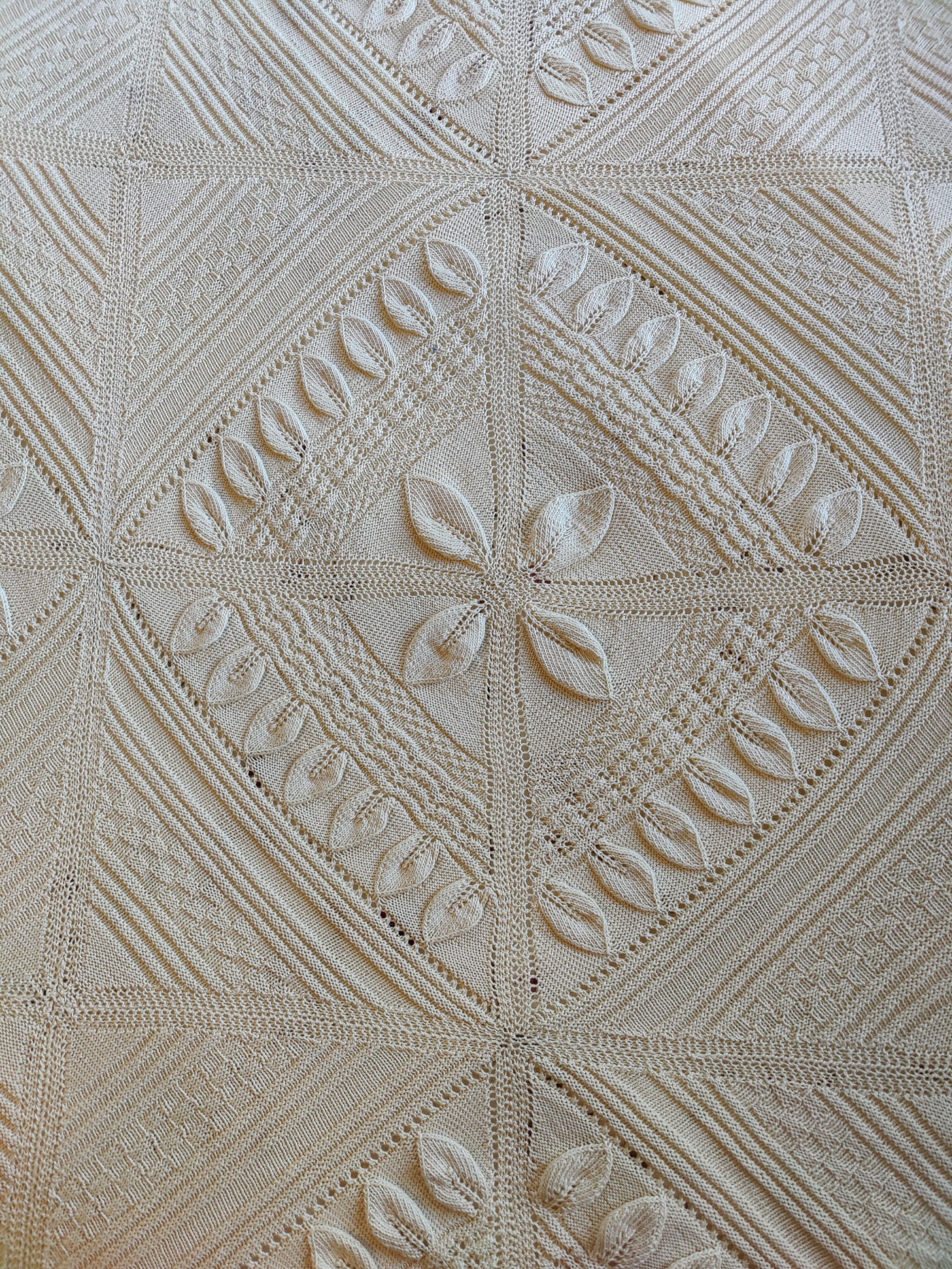My grandmother, Meta Elizabeth Wolertz Swenson, died in 1989 when I was 30 years old. I confess, until her funeral I didn’t think about her much after I graduated from high school.
Meta Wolertz grew up in north Minneapolis and graduated from high school in 1918 with a major in office studies. Before she met my grandfather, Richard Swenson, Meta worked as a secretary in a legal office in downtown Minneapolis.
She was a popular career girl and her friends nicknamed her Tomato. Her best friend’s mother started it. As the woman’s daughter raced out the backdoor, she asked where she was going.
“To Meta’s.”
I never heard anyone call my grandmother Tomato, but I remember she said they did.
It wasn’t until her funeral that I thought much about her life before she became my grandmother. She had been a working woman when only one in four worked outside the home. Meta’s father had died suddenly in February 1918, her senior year in high school. She worked because she needed to.
“Girls back then weren’t expected to work once they got pregnant,” Grandma Swenson told me when she was in her sixties and I was in elementary school. “And they didn’t think it proper to see girls pregnant.”
She said the office manager terminated soon-to-be-mothers.
“They made us stand facing the wall. If our toes and our nose could touch the wall, you kept your job. If your tummy touched, you were done,” Grandma said. She worked there for seven years. “None of us girls lost our jobs. The only ones whose bellies bumped before nose and toes were the [male] law firm partners.”
I have become more appreciative of this history she passed down with time.
Meta Wolertz married Rick Swenson on June 30, 1925. The groom was the son of Louis Swenson, a partner in Pearson & Swenson Furniture Company on West Broadway in north Minneapolis. Her husband Rick worked for his father at the family furniture store.
Her wedding picture makes it easier for me to see her as a smart and stylish secretary, although it had been hard for me as a child to imagine she once looked like this.
My memories of her are grounded in the cream-colored stucco house on North Dupont where my grandparents lived in the Camden neighborhood of north Minneapolis. When you walked in the front door, the candy dish sat on the end table next to the couch. Itchy wool carpet lay in front of the chair where she sat and knit me mittens, slippers, and Barbie doll clothes.
The built-in colonnades with glass doors to the cabinets held her good China and serving dishes. The buffet in the dining room boasted blue and white Royal Copenhagen commemorative plates. Every Christmas her children chipped in together to buy her a new one. Santa arrived at the house on Dupont to deliver presents to her grandchildren on Christmas Eve.
As a kid I never thought about how my grandparents raised four children in a two-bedroom house. Dad and his two brothers had slept upstairs in the finished attic. His sister had the back bedroom, and my grandparents slept in the front bedroom.
When my grandfather dropped dead of a heart attack in 1964, I couldn’t have understood then as a 6-year-old what her sudden loss must have felt like. But I do now. Through my perspective as a widow instead of her grandchild, I see her sitting in her kitchen chair next to the window working the crossword puzzle in the newspaper while drinking weak black coffee. I see her wearing her favorite daisy earrings and bracelet, dressed for “circle,” her monthly luncheon with her women friends from the Methodist church. I see her serving me and my family roast beef and mashed potatoes and gravy on Sunday after service and before visiting Grampa’s gravesite at Crystal Lake Cemetery.
Grandma never learned to drive. She rode in our car many times; even took day trips and family vacations with us. I also remember riding on the bus with her and shopping at Dayton’s. She took me to see “The Sound of Music” in a movie theater downtown. I learned to eat with chopsticks because she treated us to Fuji Ya’s Japanese restaurant where we sat on floor cushions. Her life didn’t stop when his did.
She lived 25 years as a widow. It’s 15 years for me so far.
Thinking about the years after Grampa died, I recall my grandparents’ bedroom door closed. Before he died, it had always been open.
I remember a few times after he was gone when she and I were in their bedroom together. It’s where she kept his memory alive for me.
Spread across the top of the oak bureau were my grandfather’s pocket watch, his wedding ring, his comb, shoe polish kit, pipe stand, jackknife, wallet and their wedding picture in a small silver frame. Not a speck of dust.
The drawers of the bureau held my grandfather’s neatly folded white cotton undershirts, bleached boxer shorts, pressed hankies, sox, and sweaters. In their bedroom closet, her clothes hung on the right side and on the left were his suits, starched shirts, shoes, and ties.
For years, Meta Swenson kept their bedroom as though she expected her husband Rick to return home at any moment.
Their four-poster bed was always covered by a cream-colored bedspread that had taken Grandma decades to knit. Last month when visiting my sister, Barb, in Stillwater, she laid it out and we admired her needlecraft.
I don’t know when I realized as a child that she slept in the back bedroom. Was the grief too much for her to sleep in the bed they had shared? Did she close off this earlier part of her life behind a door? Did she keep his memory alive?
Or did she simply decide it was too difficut and risky at her age to get in and out of such a tall bed? Now that I’m about the age she was then, I consider this a possibility because I took such a tumble after my first night on a new mattress about 18 months ago.
Age offers me perspective on my memories of my maternal ancestors.1









They’re always just “Grandma” to us, and then we look back and they’re so much more. Beautifully remembered, Jill. Thanks for sharing her with us.
This is such a beautiful story. And the knitted counterpane is gorgeous. Your grandmother had so much in common with mine. My grandma told me stories about her childhood when I was very young but all I remember is that they fed canned fruit salad to a raccoon out of their back door. I wish I could access the rest of those stories in my mind. When I was older everyone told me, “don’t ask grandma about the past because it will make her sad.”